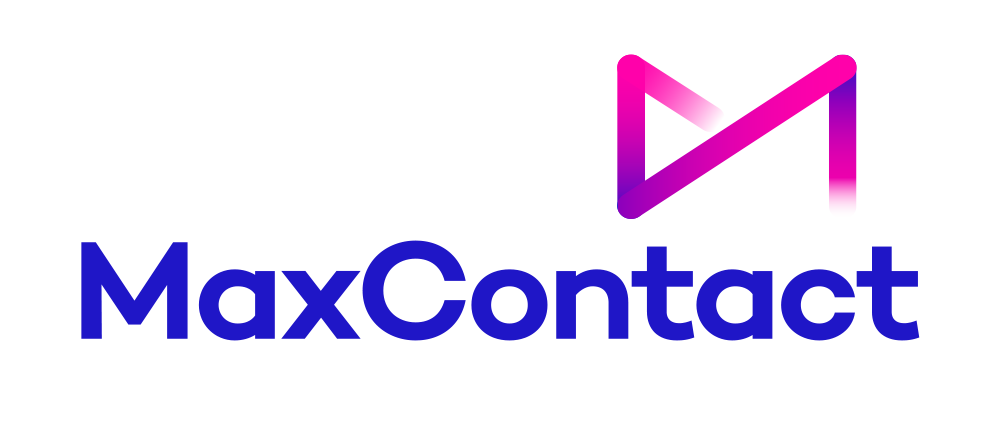Contact Centre Definitions
Glossary of contact centre, call centre and customer experience terms
A |
B |
C |
D |
E |
F |
G |
H |
I |
J |
K |
L |
M |
N |
O |
P |
Q |
R |
S |
T |
U |
V |
W |
X |
Y |
Z
A
Agent
AHT (Average Handle Time)
AI Call Centre Software
AMD (Answer Machine Detection)
Automated IVR
Automated IVR Software
Agent
AHT (Average Handle Time)
AI Call Centre Software
AMD (Answer Machine Detection)
Automated IVR
Automated IVR Software
B
C
Call centre manager
Call Centre Software
Canned Response
CCaaS (Contact Centre As A Solution)
Cloud Based Contact Centre
Contact Centre
CRM
CSAT
Customer Experience
Customer Service
Call centre manager
Call Centre Software
Canned Response
CCaaS (Contact Centre As A Solution)
Cloud Based Contact Centre
Contact Centre
CRM
CSAT
Customer Experience
Customer Service
G
H
J
L
N
R
Real time
Record Eligability
Remote Agent
Reporting (Call Centre Reporting)
Resut Codes & Call Dispositions
Real time
Record Eligability
Remote Agent
Reporting (Call Centre Reporting)
Resut Codes & Call Dispositions
T
U
V
X
Y
Z







